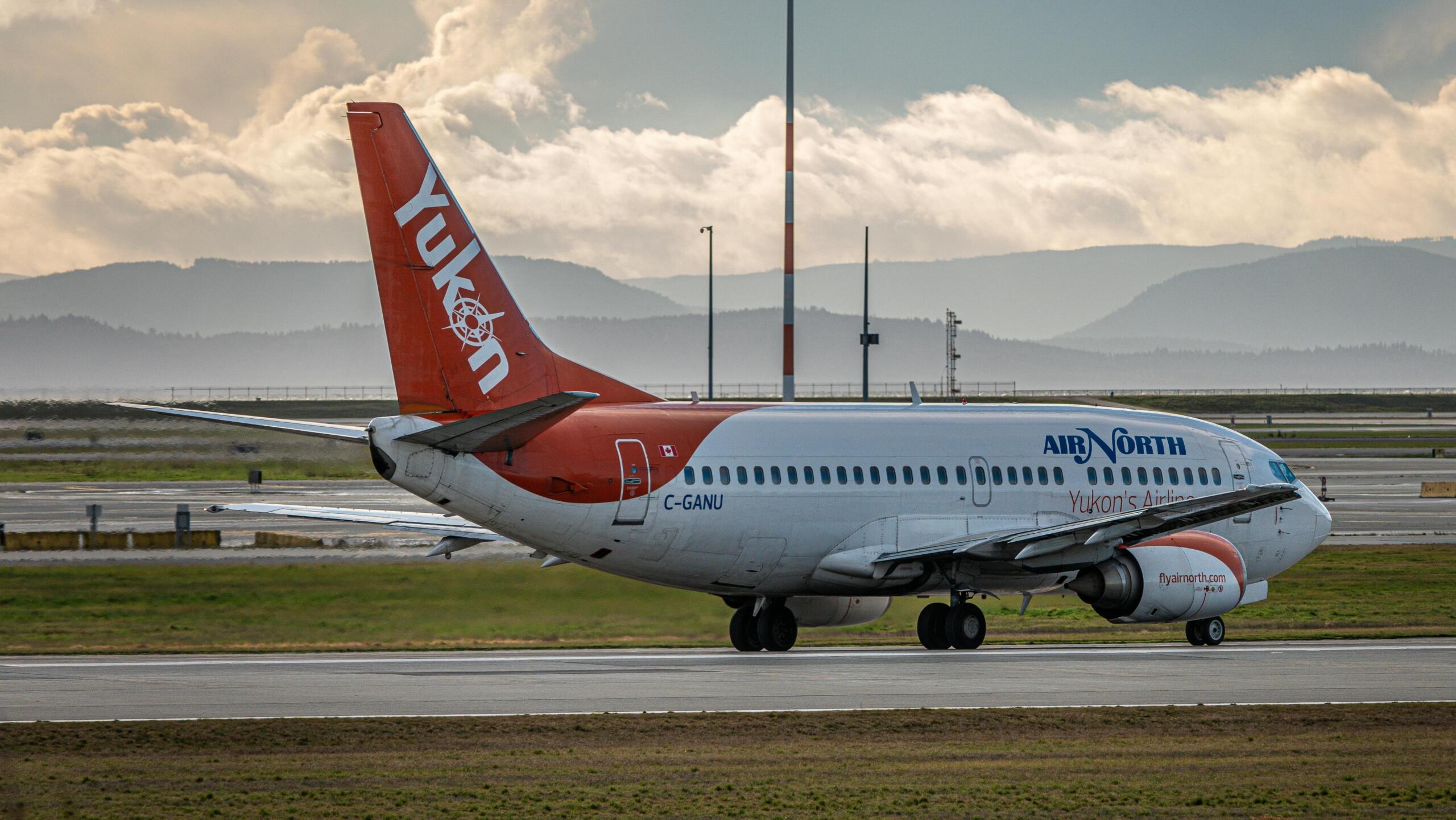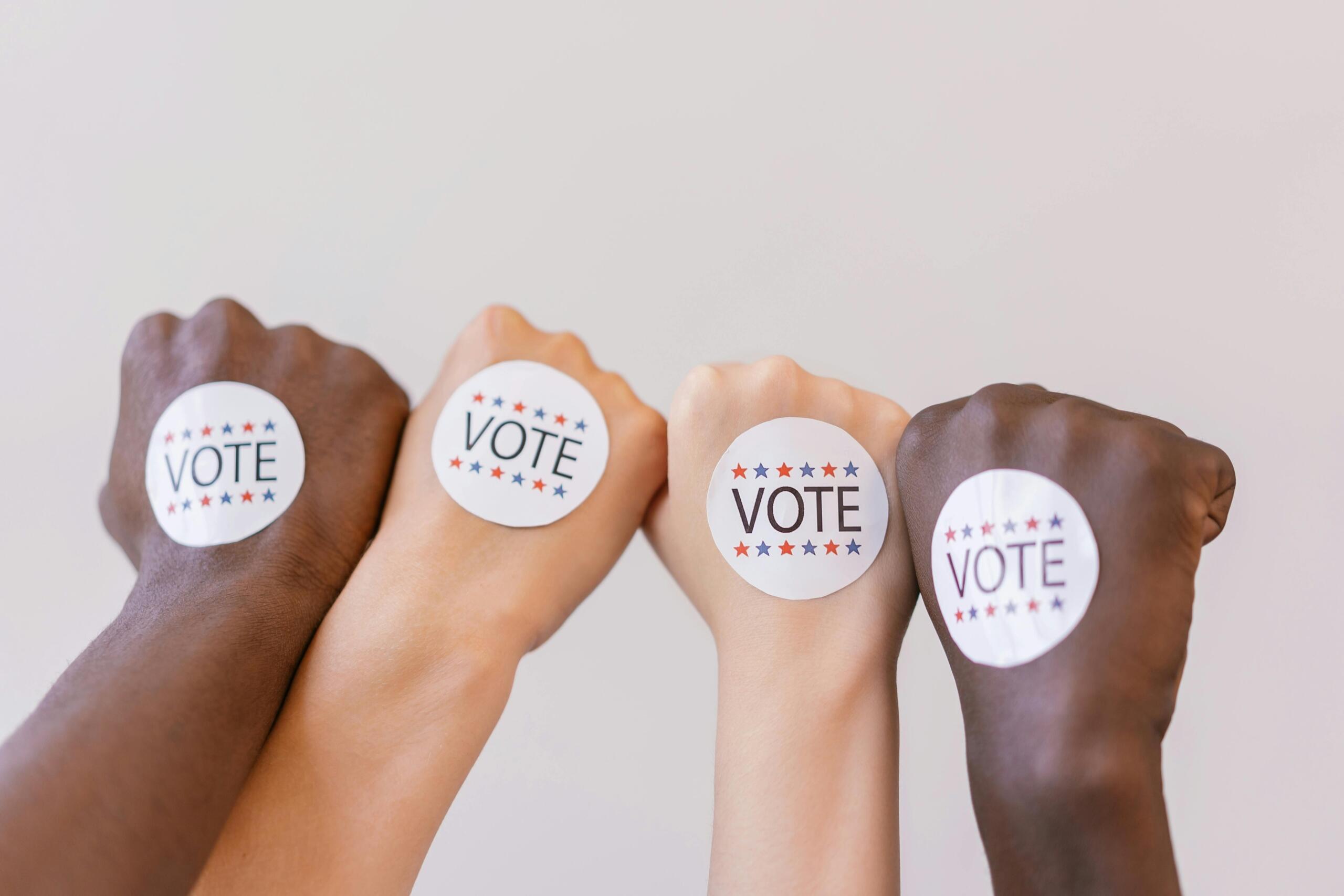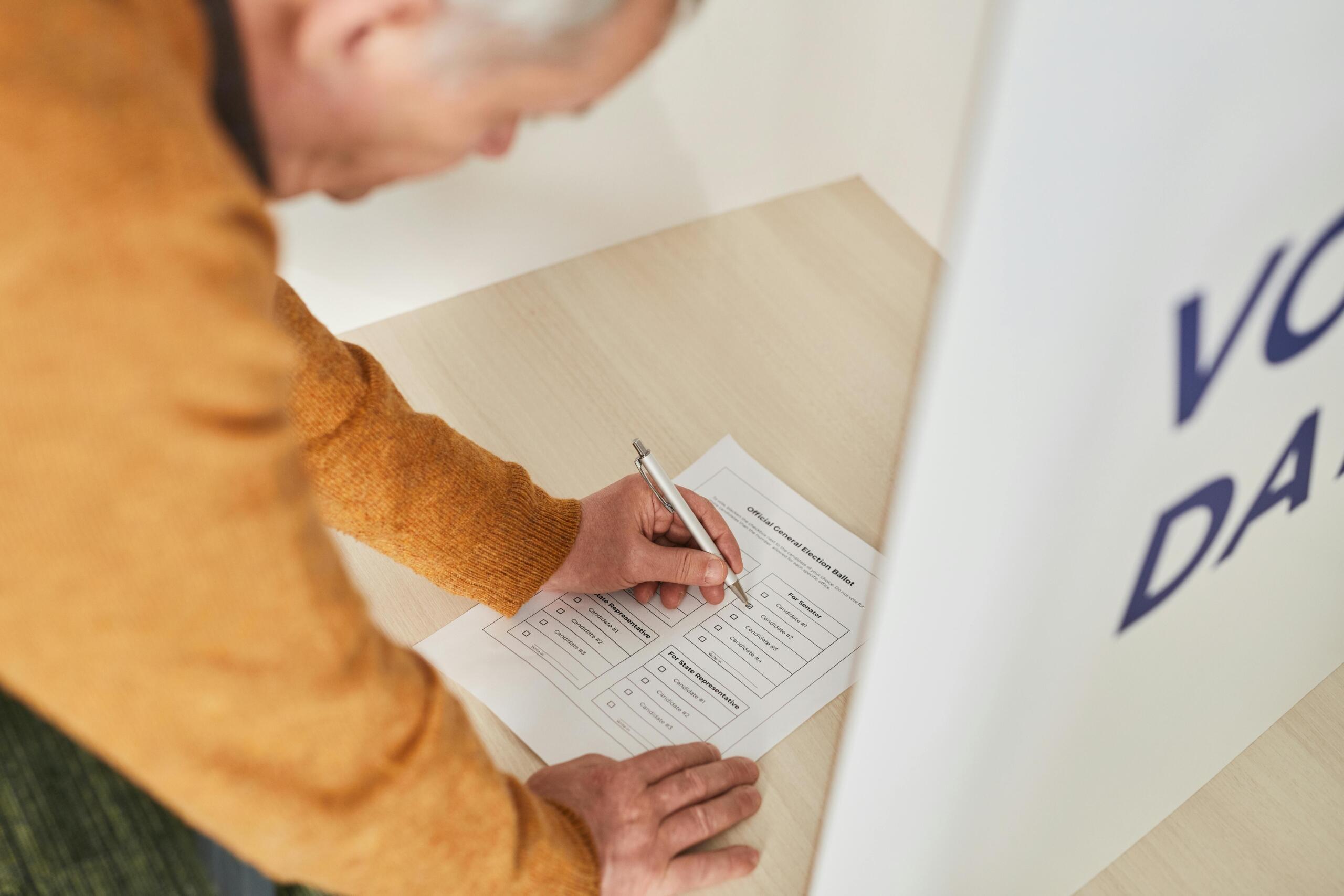Yukon General Election Key Insights
- The election must be held on or before November 3, 2025, unless it is called earlier.
- Alongside the election, Yukoners will vote in a plebiscite on electoral reform, deciding whether to move from first-past-the-post to a ranked ballot system.
- The Yukon Liberal Party is heading into the election under a new leader, Mike Pemberton, who replaced Ranj Pillai earlier in 2025.
- Electoral boundary changes are in effect, creating new ridings.
The 2025 Yukon General Election is slated to be held on or before November 3, 2025, marking a significant milestone for Canada's beloved territory in the north. The polling will elect members into the 36th Yukon Legislative Assembly, or MLAs, determining governance for the next four years.
The election is significant because it brings changes, such as new electoral boundaries that bring the number of districts from 19 to 21. This change was brought about by population growth in the Whitehorse are, where shifting demographics have made rippling effects. Residents from established ridings like Porter Creek, Whitehorse West, and even remote communities such as Vuntut Gwitchin will be represented under new electoral maps.
Those that are fortunate enough to live in the beautiful and rugged Yukon Territory have an opportunity to make their voices heard on significant issues pressing the region. The outcome of the election will decide how healthcare, economic development, and electoral reform.
Based in Quebec?


Key Dates and Election Timeline
Elections Yukon has confirmed that the next election will take place on or before November 3, 2025, with the writ expected to be dropped in September. From that moment, the candidate nomination process will officially open until day 10 of the election period at 2pm.
Eligible Yukon residents can register to vote using the portal on the elections Yukon website. You must be registered at your home address.
Based in Newfoundland? Inform yourself on the upcoming Newfoundland and Labrador election.
Changes in Electoral Boundaries
The passage of the Electoral District Boundaries Act in late 2024 increased the number of ridings from 19 to 21. In the territory's capital of Whitehorse, this means a more accurate representation in districts like Porter Creek and Whitehorse West, where population growth has outpaced the old system. Natural growth contributed to the population increase, in addition to international migration.
Yukoners in rural communities, including Vuntut Gwitchin in the far north, will also see adjusted representation in this election to ensure their voices are not overshadowed by the populous capital.
Yukoners should take some time to understand how the new voting boundaries affect their own ridings before heading to the polls. Check your updated electoral district, confirm your voter registration early if you have moved recently, and make sure you know which candidates you will be voting for.
Major Political Parties and Leadership
Yukon Party
Leader: Currie Dixon
This party remains the main challenger to the governing Liberals. Dixon is an experienced party leader who emphasizes economic growth and fiscal responsibility as cornerstones of the Yukon Party's platform. His challenge will be to gather voter support support outside traditional strongholds and gain traction in Whitehorse ridings such as Porter Creek.
Liberal Party (Yukon Liberals)
Leader: Mike Pemberton
In line with national trends, the Yukon Liberals are navigating a significant transition with Ranj Pillai stepping down as leader. Pemberton has the immense task of introducing himself to voters across Whitehorse, Dawson, and rural Yukon while defending the record of past Liberal governments. He will want to represent the Liberal party as both experienced and renewed, especially in ridings like Whitehorse West, a seat that has historically been competitive.
New Democratic Party (NDP)
Leader: Kate White
The Yukon NDP continues to advocate for equity, sustainability, and public services. White, an experienced MLA, has built her reputation and maintains a loyal base in parts of Whitehorse and growing interest in rural districts. The Yukon NDP is positioning itself as a progressive alternative to the Yukon Party and Yukon Liberals.
| Candidate | Party / Leadership Role | Electoral District / Position | Notable Background / Platform Highlights |
|---|---|---|---|
| Currie Dixon | Yukon Party Leader | Copperbelt North | Incumbent party leader running for re-election; Yukon Party has already started its campaign. |
| Mike Pemberton | Yukon Liberal Party Leader / Premier | Running in Whitehorse West | Newly chosen leader of the Yukon Liberals (June 2025) after Ranj Pillai’s resignation; leads the governing party. |
| Kate White | Yukon New Democratic Party (NDP) Leader | Takhini-Kopper King | Longtime NDP leader and MLA, seeking to expand NDP’s presence in Yukon politics. |
| Scott Kent | Yukon Party | Copperbelt South | He was acclaimed as a Yukon Party candidate for Copperbelt South in 2025. |
| Yvonne Clarke | Yukon Party | Porter Creek Centre | Acclaimed as a Yukon Party candidate in Porter Creek Centre. |
Key Issues and Referendums
In addition to the plebiscite on electoral reform, which will ask Yukoners whether they prefer to adopt a ranked-choice voting system, there are multiple key issues shaping the campaign that speak directly to everyday life across the territory.
the direct vote of all the members of an electorate on an important public question.
Healthcare
As usual, healthcare remains one of the most urgent concerns for Canadian voters, as Yukoners continue to face long wait times and recruitment challenges for doctors and nurses. Access to healthcare services is especially difficult in the north, where residents of remote communities like Vuntut Gwitchin must often lean on smaller clinics and visiting health professionals.
An equally pressing issue in Alberta!
Housing
Housing is another critical issue driving debate and concern among the electorate. In Whitehorse, particularly in ridings like Porter Creek and Whitehorse West, affordability has become a significant challenge. Rents are rising and supply is limited, creating major struggles for families and young workers.
Each party has promised different solutions to addressing the housing crisis, but the urgency of the issue is shared across the political spectrum.
Economic Development
Economic development and diversification continue to dominate conversations.
- Currie Dixon's Yukon Party, under emphasizes supporting traditional industries like mining, while ensuring investment flows into infrastructure.
- Kate White's Yukon NDP frames economic development through the lens of sustainability and fairness, calling for stronger protections in tourism and the environment.
- Mike Pemberton's Yukon Liberals seek to balance responsible resource development with opportunities for small businesses and innovation.

Education
Education has emerged as a major issue, with calls for investments in schools and the expansion of Indigenous language programming. The inclusion of Indigenous languages and cultural education represents not just curriculum reform but also reconciliation and respect for Yukon’s diverse heritage.

Voter Information
First-time voters will find that the election process in Yukon is straightforward, especially with online portals and digital toolkits to make voting easy to navigate. Elections Yukon provides an online portal where residents can register, check eligibility, or update their address. On voting day, simply present valid ID, receive a ballot, and mark their chosen candidate.
Advance voting and mail-in options are also available, which are particularly valuable for seniors, those that plan to travel, those in remote northern communities, and those who prefer to avoid the lines on polling day.
Candidate Information
Official party candidates are expected to be announced in September, following the writ. Yukoners can anticipate competitive contests in ridings like Porter Creek and Whitehorse West, where multiple parties believe they can win.
Candidates will represent the Yukon Party, the Yukon NDP, and the Yukon Liberal party, each presenting platforms tailored to local concerns. Be sure to keep an eye out for your local candidate, and prepare to ask questions on issues you care about should they canvass your neighborhood or campaign at a local event.
Opinion Polls and Public Sentiment
Early news coverage from outlets like Yukon News suggests that voters are keenly interested in the leadership styles of Currie Dixon, Mike Pemberton, and Kate White. A recent poll indicated that 71% of Yukoners wanted an immediate election, signaling appetite for change or renewed accountability.
Adding heat to the race is is the increasing popularity of the Yukon Party, who has been steadily gaining traction as the election nears. Late September polls report 43% of voters are leaning toward the Yukon Party as their pick, with 30% choosing the NDP and 25% preferring the Liberals.

Post-Election Process
What happens after polling has closed?
After the votes are counted on election night, the post-electoral process in Yukon includes a series of verification, certification and transition steps before elected individuals take full authority. First, official results are tabulated and reviewed by Elections Yukon to ensure accuracy. As with all general elections, once results are verified, they are certified and made public, at which point the new elected officials are formally declared winners.
Following certification, there is a period of transition, in which outgoing and incoming administrations coordinate handovers: briefing materials, outstanding issues, contracts, budgets, and operational responsibilities are shared. This ensures continuity of governance. In municipal settings, this may involve orientation for new councillors, appointments of committees, and setting the council’s initial schedule. In the territorial context, the majority party or coalition forms the government; cabinet positions are allocated, and the premier-designate takes steps to assume executive authority.
Finally, elected officials are sworn into office: they take oaths of office and begin their formal duties under the law. From that point forward, they operate within the terms set by legislation, municipalities bylaws, and territorial statutes.
References
- https://electionsyukon.ca/en
- Howarth, J. (Oct. 5, 2024) https://www.yukon-news.com/news/yukons-population-growth-driven-by-migration-and-natural-increase-7569684
- Hatherly, D. (Sept. 25, 2025) https://www.yukon-news.com/news/yukon-party-commissioned-poll-puts-yukon-party-in-lead-liberals-in-3rd-8273027
Summarize with AI:















